Salary Increase Proposal Letter Template for Professionals
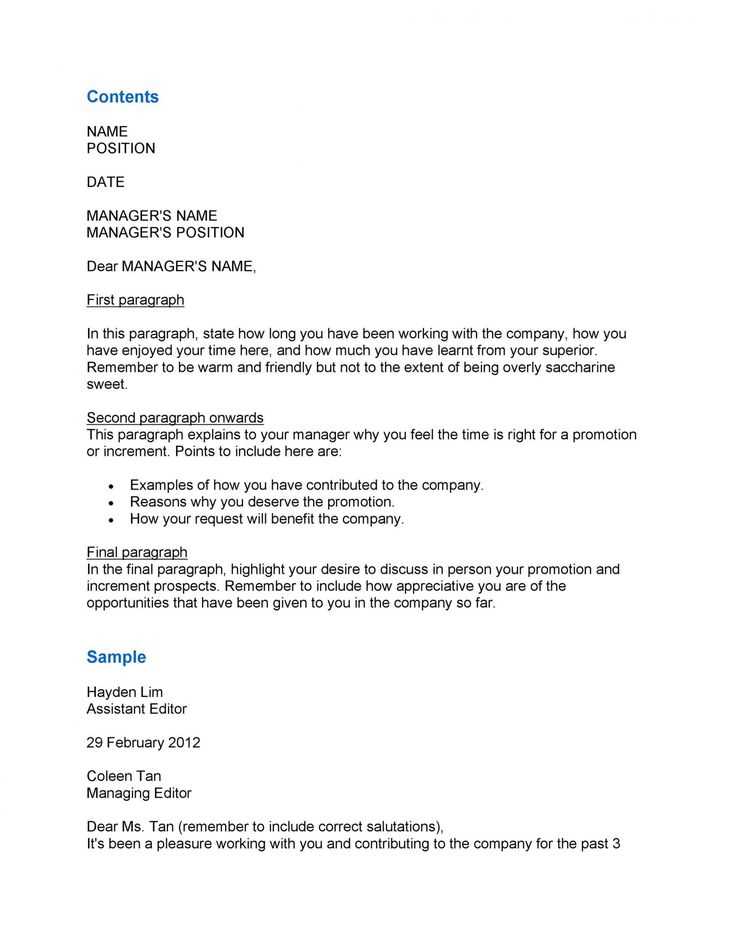
Asking for a higher compensation is an essential part of advancing in your career. When you feel that your contributions are undervalued, crafting a professional request can be a powerful way to communicate your worth. Understanding the right approach and structure is key to making your case compelling and effective.
Why Making the Request Matters
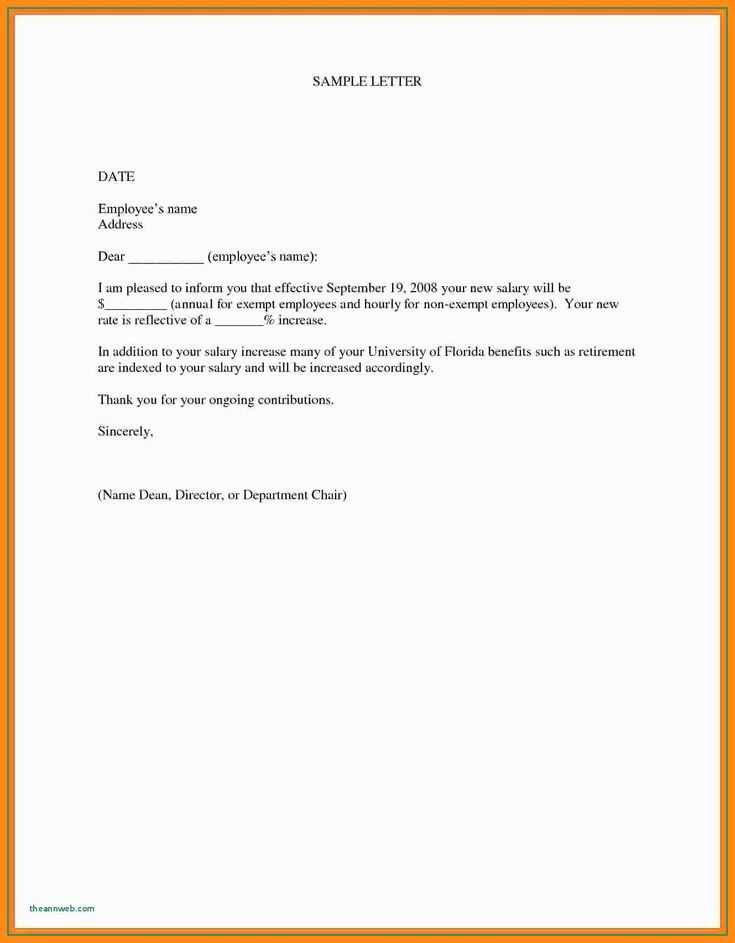
Requesting a salary boost or enhanced benefits demonstrates your self-worth and professional growth. A well-crafted appeal can show your employer that you are committed and confident in your role. It’s a chance to highlight your achievements and contributions while making a reasonable ask based on your performance and market standards.
What Should Be Included
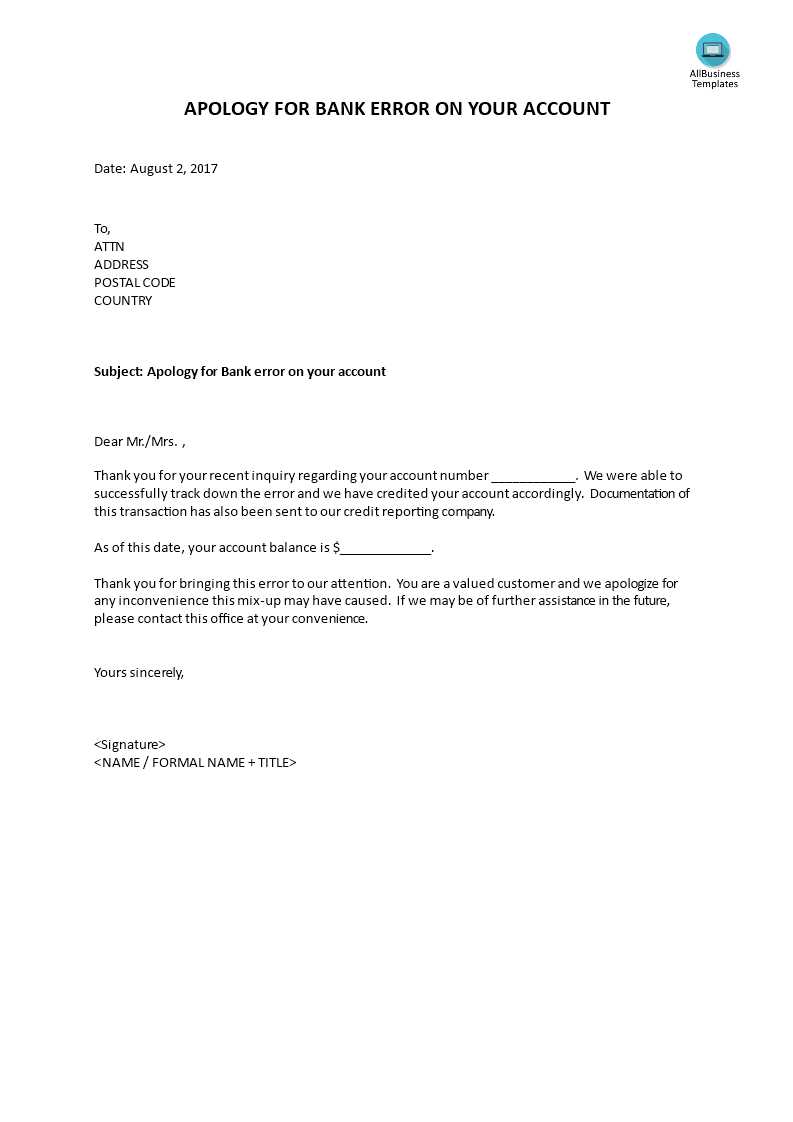
- Introduction: Briefly introduce yourself and mention your current position and achievements.
- Reason for Request: Provide evidence of your performance, skills, and market trends that justify the request.
- Specific Amount: Be clear about what you’re asking for, based on research and your current compensation.
- Closing Remarks: Politely ask for a meeting to discuss your request in more detail and express gratitude.
Best Practices for Crafting a Strong Appeal
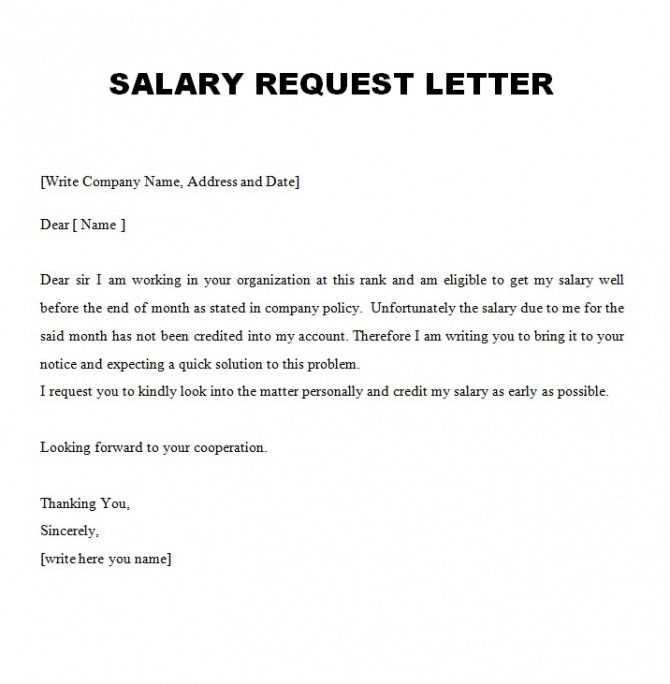
Keep your message concise but impactful. Use professional language, avoid emotional tones, and back up your request with facts. Be confident but respectful in your wording. Show that you value the opportunity and are looking to continue contributing to the company’s success.
When to Make Your Request
Timing plays a critical role in the effectiveness of your request. It’s best to ask after a successful project completion or positive performance reviews. Avoid making such a request during busy or stressful periods, as this might negatively affect the outcome.
Following Up
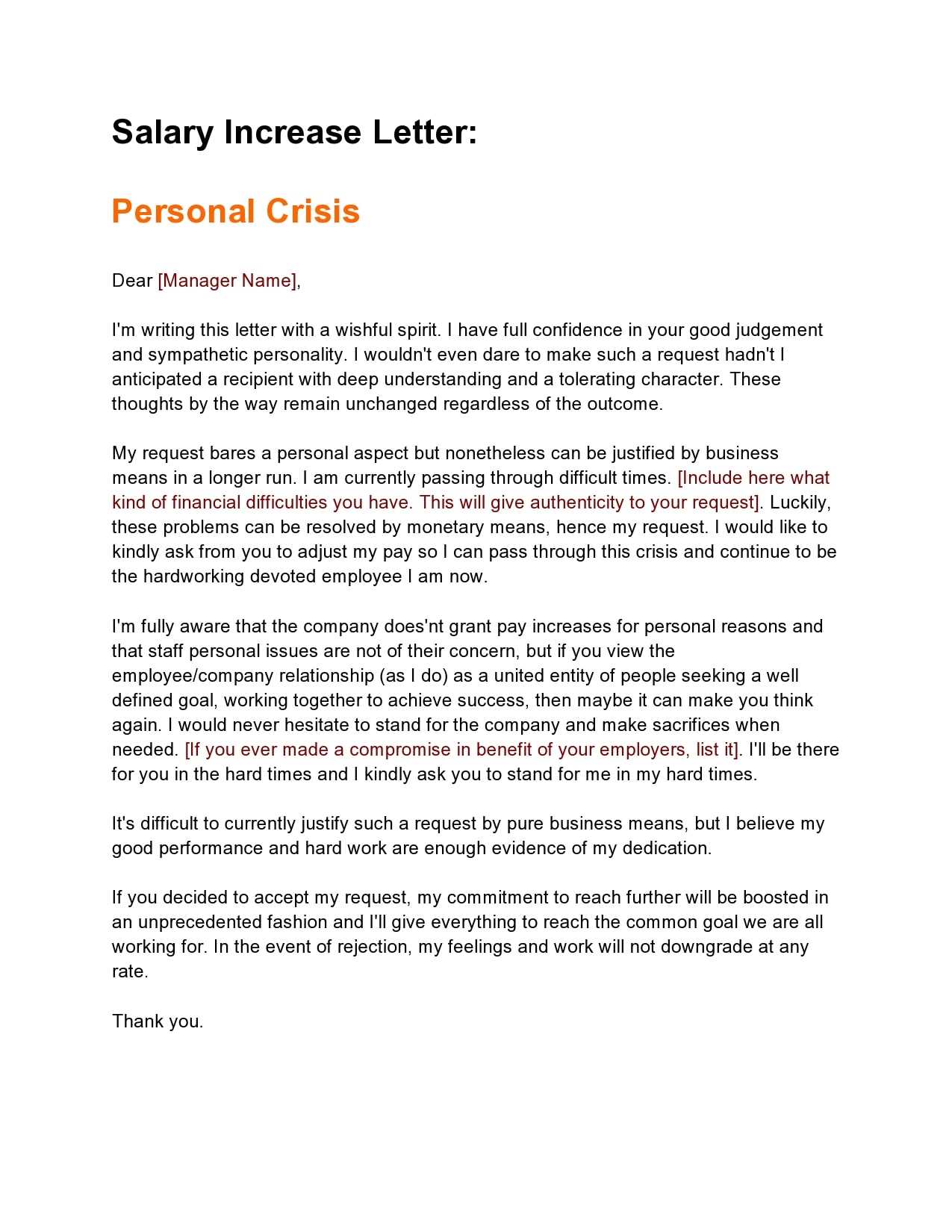
After submitting your request, give your manager some time to process it. If you don’t hear back within a reasonable period, follow up politely to check on the status. Stay professional and continue performing well to strengthen your position.
Why You Need a Compensation Request
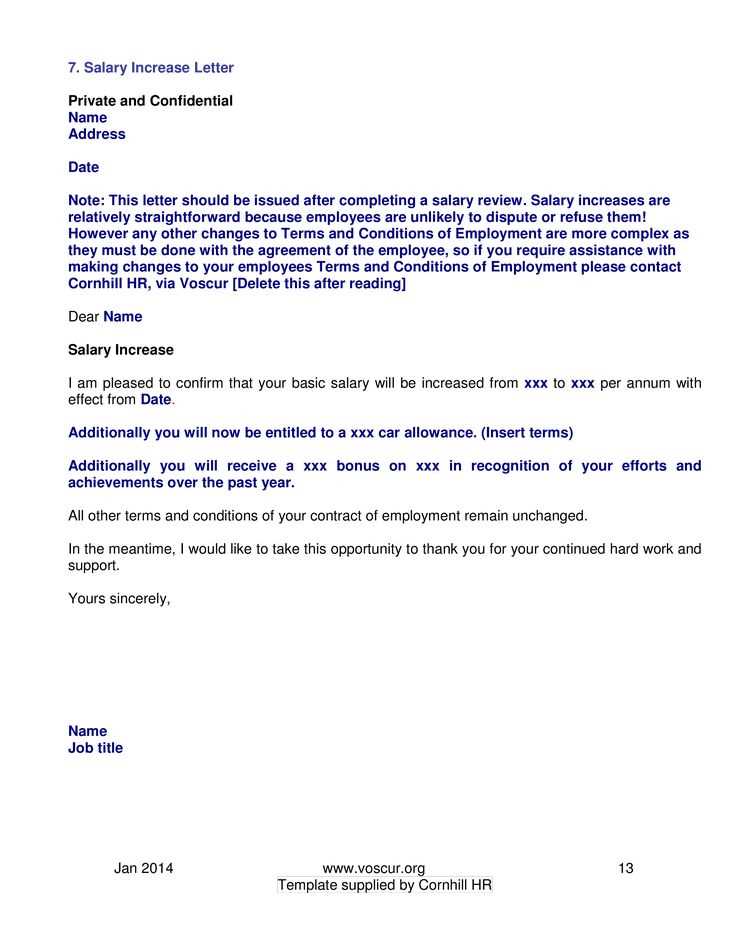
When you believe your work deserves better recognition or rewards, articulating a clear and respectful request for adjustment is crucial. A well-structured appeal can serve as a strong tool to communicate your professional value and make your case for a change in your compensation. Understanding how to properly express your request can significantly impact the outcome and your future with the company.
Crafting a professional request ensures you communicate your achievements and the value you bring in a manner that aligns with the organization’s standards and expectations. It’s important to present a well-reasoned argument supported by your performance, experience, and the company’s financial position. Knowing the right elements to include and how to format your request will help you appear confident and prepared.
Key elements to consider when making your request include the current job responsibilities you’ve taken on, your accomplishments, and the industry standard for your role. Be clear about the adjustment you believe is appropriate and provide context for your ask. Precision in this area shows you’ve done your research and are well-informed, enhancing the strength of your argument.
In your message, avoid excessive details that do not directly contribute to your case. Be concise yet thorough, and ensure that your request is easy to read and understand. Organize the content logically, starting with your introduction, followed by reasons supporting the need for a change, and finishing with a polite and professional close. The structure of your message can make a lasting impression.
Formatting your request correctly is important for making it professional and easy to read. Start with a formal greeting, followed by a brief introduction of your request, and use short, clear paragraphs. Focus on maintaining a respectful tone throughout. A well-structured document will convey professionalism and attention to detail.
Some best practices include being direct but polite, backing up your claims with data or examples, and ensuring your language is formal yet approachable. Avoid being overly casual or demanding, as this can undermine your chances. Respectful and confident language demonstrates maturity and professionalism, which will work in your favor.
Be aware of common mistakes, such as over-explaining or including irrelevant information. Keeping your message focused and relevant to the matter at hand will ensure that your request stands out for the right reasons. Avoid making your appeal during busy or stressful periods, as it might be overlooked or poorly received.
Lastly, make sure not to include anything negative about the company or your colleagues. Focus solely on your individual contributions and the professional context in which you are making your request. Staying positive and forward-focused will help ensure that your appeal is taken seriously.